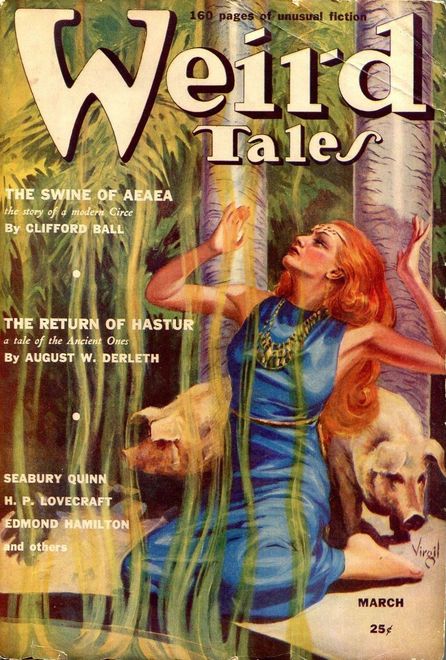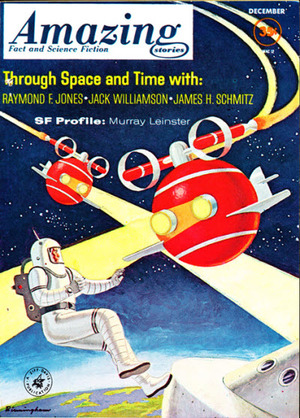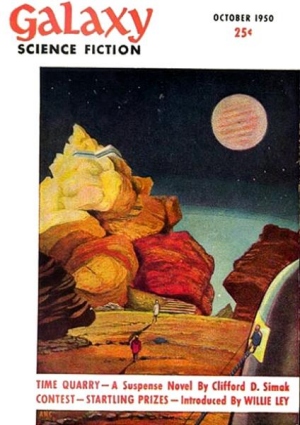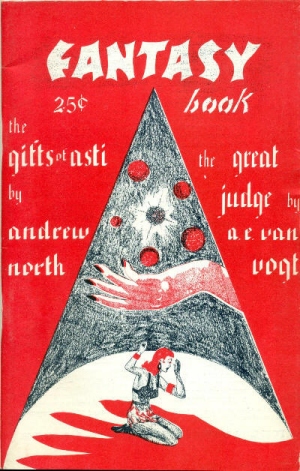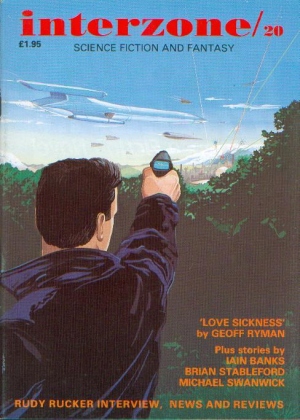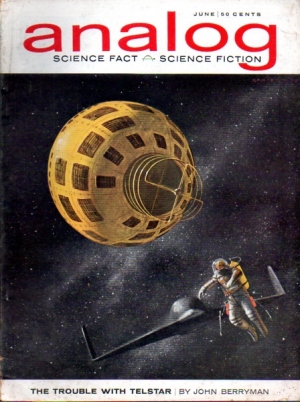The February Fantasy Magazine Rack
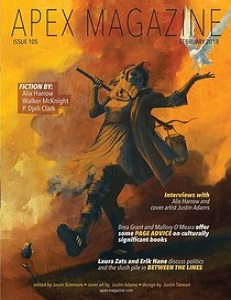 |
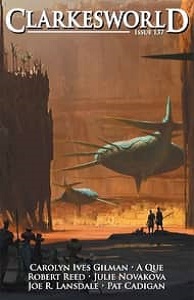 |
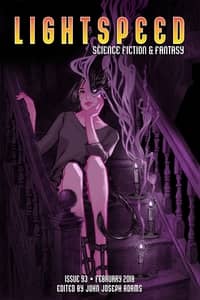 |
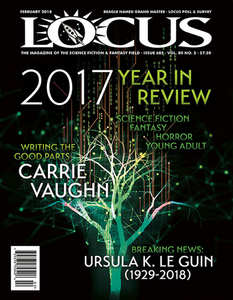 |
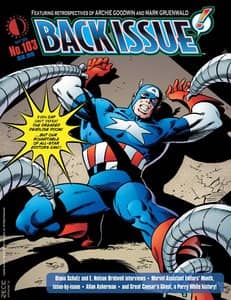 |
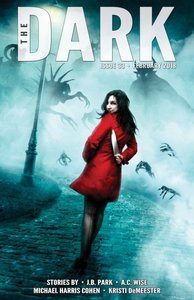 |
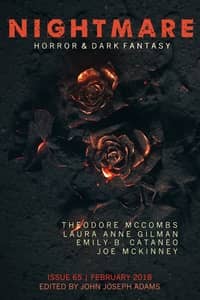 |
 |
My favorite read so far this month has been the annual Year in Review issue of Locus, which contains detailed round-ups of the best fiction of 2017 from Gary K. Wolfe, Paul Kincaid, Geoff Ryman, Gardner Dozois, and many others. For those who (like me) didn’t get nearly as much read last year as you might’ve liked, it’s an irreplaceable guide to the novels, collections and stories worth your time last year. We also added SFX‘s March Books Issue to the mix, as it surveys 65 genre authors (including Michael Moorcock, Robin Hobb, Peter F Hamilton, Patrick Ness and Claire North) on what books they’d take to a desert island. And for short fiction fans, the February fiction mags contained brand new stories by Robert Reed, Carolyn Ives Gilman, Ashok K. Banker, Bogi Takács, Emily Cataneo, Alix Harrow, and lots more.
Here’s the complete list of magazines that won my attention in February (links will bring you to magazine websites).
Apex — Issue #105 has new stories by Alix Harrow, Walker McKnight, and P. Djeli Clark, and an excerpt from Return to the Lost Level by Brian Keene
Clarkesworld — Brand new fiction by Julie Novakova, Robert Reed, Carolyn Ives Gilman, and A Que, plus reprints by Joe R. Lansdale and Pat Cadigan
Lightspeed — new SF and fantasy from Ashok K. Banker, Bogi Takács, Cassandra Khaw & A. Maus and Rahul Kanakia, plus reprints by David Brin, Nalo Hopkinson writing with Nisi Shawl, Jeffrey Ford, and Malinda Lo
Locus — the annual Year in Review issue, with the Locus Recommended Reading List, the Locus Poll and Survey ballot, an interview with Carrie Vaughn, an obituary for Ursula K. Le Guin, and plenty of reviews
